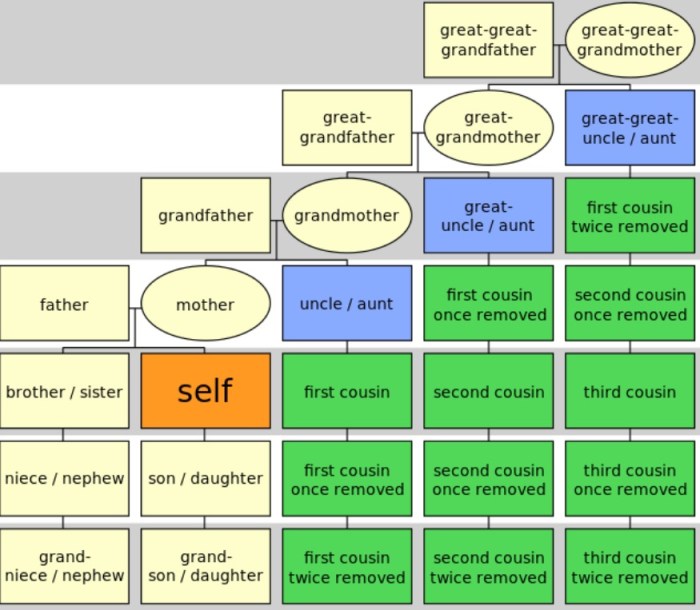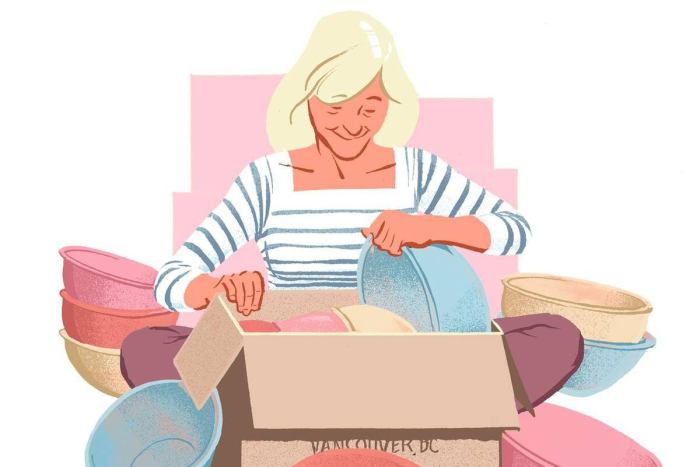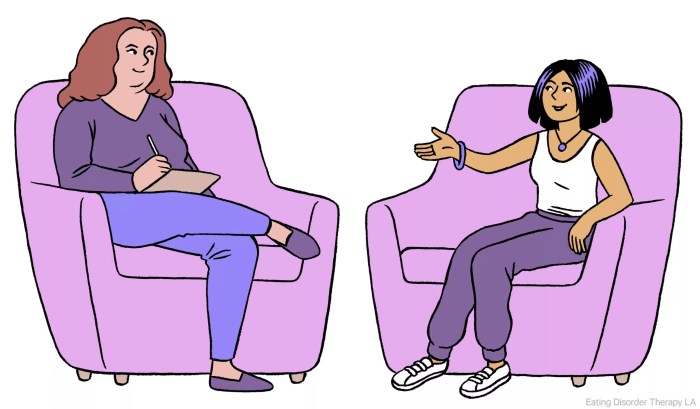With my uncle is such a packrat at the forefront, this paragraph opens a window to an amazing start and intrigue, inviting readers to embark on a storytelling journey filled with unexpected twists and insights. The content of the second paragraph provides descriptive and clear information about the topic.
Introduction

Packrats are individuals who have a persistent difficulty discarding or parting with possessions, regardless of their actual value. This behavior can lead to excessive accumulation of items, often resulting in cluttered and unsanitary living conditions.
The reasons why someone might become a packrat are complex and can vary widely. Some potential contributing factors include:
Psychological Factors
- Anxiety disorders: Packrats may experience anxiety or distress when discarding items, fearing that they might need them in the future or that discarding them will lead to negative consequences.
- Obsessive-compulsive disorder (OCD): Packrats with OCD may have intrusive thoughts or compulsions related to acquiring or saving items.
- Hoarding disorder: Hoarding disorder is a mental health condition characterized by persistent difficulty discarding or parting with possessions, regardless of their actual value. It is distinct from packrat behavior, which is not considered a mental health disorder.
Environmental Factors
- Trauma or loss: Packrats may accumulate possessions as a way to cope with trauma or loss, as they may provide a sense of security or control.
- Lack of social support: Packrats may lack social support or connections, and may turn to accumulating possessions as a way to fill a void in their lives.
- Cultural factors: Certain cultures may encourage or value saving and accumulating possessions, which can contribute to packrat behavior.
The Impact of Hoarding

Hoarding, a mental health disorder characterized by persistent difficulty discarding possessions, regardless of their actual value, can have severe consequences for both the individual and their surroundings. The accumulation of excessive belongings can create significant physical and mental health risks, financial burdens, and social isolation.
Physical and Mental Health Risks
Hoarding environments are often cluttered and unsanitary, posing various physical hazards. Trip and fall accidents, respiratory issues due to poor air quality, and infestations of pests and rodents are common concerns. The psychological impact of hoarding can be equally detrimental, leading to anxiety, depression, and social withdrawal.
Financial and Social Consequences
The accumulation of excessive possessions can strain financial resources, as hoarders may spend significant amounts on acquiring and storing items. Hoarding can also lead to social isolation, as individuals may withdraw from social interactions due to shame or embarrassment about their living conditions.
My uncle’s a hoarder, he’s got junk everywhere. It’s like he’s got some weird obsession with collecting useless stuff. I mean, who needs 56 bouncy balls? Raul has 56 bouncy balls , and that’s just the tip of the iceberg.
I swear, he’s got a whole room full of random crap that he never uses. It’s like a museum of junk.
Helping Someone with Hoarding Disorder: My Uncle Is Such A Packrat

Approaching someone with hoarding disorder can be a delicate and challenging task. They may be defensive or resistant to help, as their behavior is often tied to underlying emotional or psychological issues. However, it’s crucial to offer support and encourage them to seek professional assistance.
Tips for Approaching and Offering Help
- Choose the right time and place:Pick a moment when the person is calm and receptive. Avoid confronting them in a public or stressful setting.
- Express concern and understanding:Let them know that you care about them and understand that they may be struggling with a difficult issue.
- Avoid judgment or criticism:Focus on their well-being rather than their possessions. Emphasize that you’re not trying to take anything away but rather help them improve their living situation.
- Listen attentively:Allow them to explain their perspective and reasons for hoarding. Avoid interrupting or dismissing their feelings.
- Offer specific help:Suggest practical assistance, such as organizing their belongings, cleaning up, or decluttering. Avoid overwhelming them with too many offers at once.
- Respect their boundaries:Understand that they may not be ready to let go of their possessions immediately. Give them time and space to process the idea of change.
Importance of Professional Help and Support
While offering support and encouragement is important, it’s crucial to recognize that hoarding disorder is a complex mental health condition that often requires professional intervention. Therapy and medication can help individuals address the underlying emotional and cognitive factors that contribute to hoarding.
- Cognitive Behavioral Therapy (CBT):CBT focuses on identifying and changing negative thoughts and behaviors related to hoarding.
- Medication:Certain medications, such as antidepressants and anti-anxiety drugs, can help reduce symptoms of anxiety and depression that may contribute to hoarding.
- Support Groups:Joining a support group can provide individuals with a sense of community and support from others who understand their challenges.
By offering a supportive and non-judgmental approach, and encouraging professional help, you can help someone with hoarding disorder take steps towards improving their well-being and living a more fulfilling life.
Case Studies

Hoarding disorder can affect people from all walks of life. Here are a few real-life examples of individuals who have struggled with this condition and the challenges they faced:
Overcoming Clutter, My uncle is such a packrat
Sarah, a 52-year-old woman, had been struggling with hoarding disorder for years. Her home was filled with stacks of newspapers, magazines, and unopened packages. She was so overwhelmed by the clutter that she could barely move around her house. Sarah felt ashamed of her condition and isolated herself from her friends and family.
With the help of a therapist, Sarah began to address her hoarding disorder. She learned to identify the triggers that made her want to hoard and developed strategies to cope with them. She also joined a support group, where she met other people who were struggling with the same condition.
Over time, Sarah was able to make significant progress in overcoming her hoarding disorder. She decluttered her home, and she now has a more manageable amount of belongings. She is also more social and active in her community.
Conclusion

In summary, hoarding disorder is a complex mental health condition that can significantly impact an individual’s life and well-being. Understanding the symptoms, causes, and treatment options is crucial for supporting those struggling with this disorder. While it can be a challenging journey, there is hope and encouragement for those seeking help.
Remember, you are not alone. Many resources and support systems are available to assist you in overcoming this disorder. Seek professional help, join support groups, and connect with loved ones who can provide understanding and encouragement. With patience, determination, and a supportive network, you can break free from the cycle of hoarding and reclaim a healthier, more fulfilling life.
Expert Answers
What are the common characteristics of a packrat?
Packrats typically have difficulty discarding possessions, even those that are worthless or broken. They may also have a strong attachment to their belongings and may become anxious or distressed if they are asked to part with them.
What are the possible reasons why someone might be a packrat?
There are many possible reasons why someone might be a packrat. Some people may have a genetic predisposition to hoarding, while others may develop the disorder as a result of trauma or stress. Hoarding can also be a symptom of mental illness, such as obsessive-compulsive disorder or depression.


